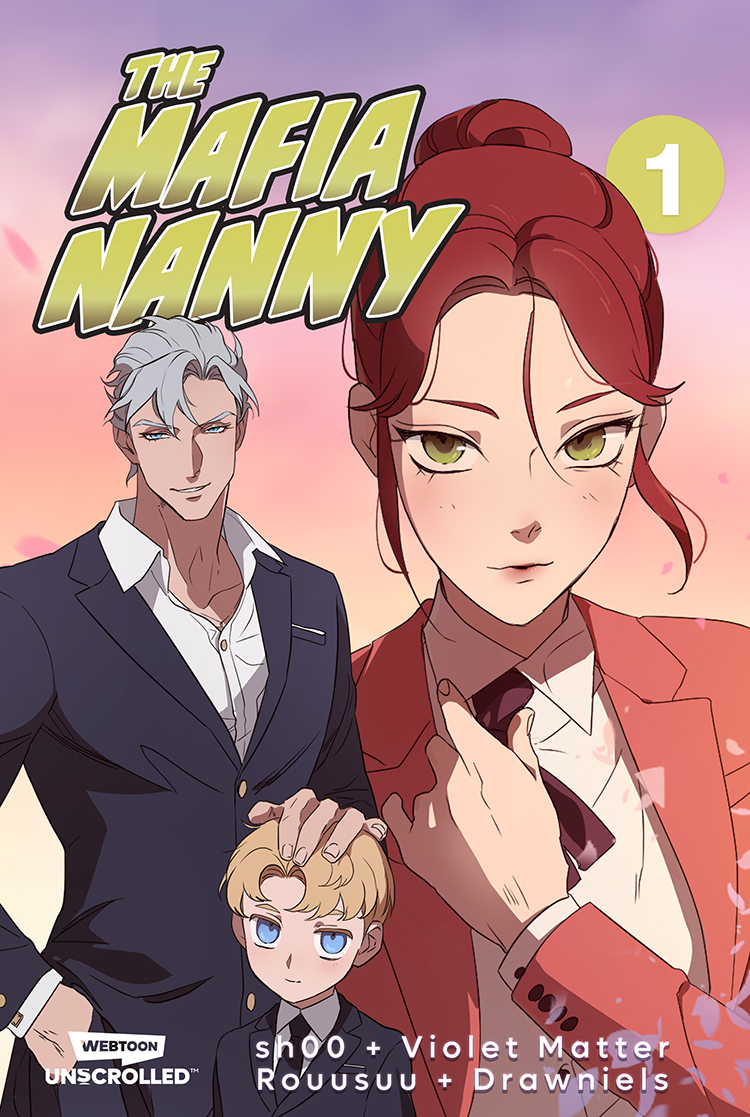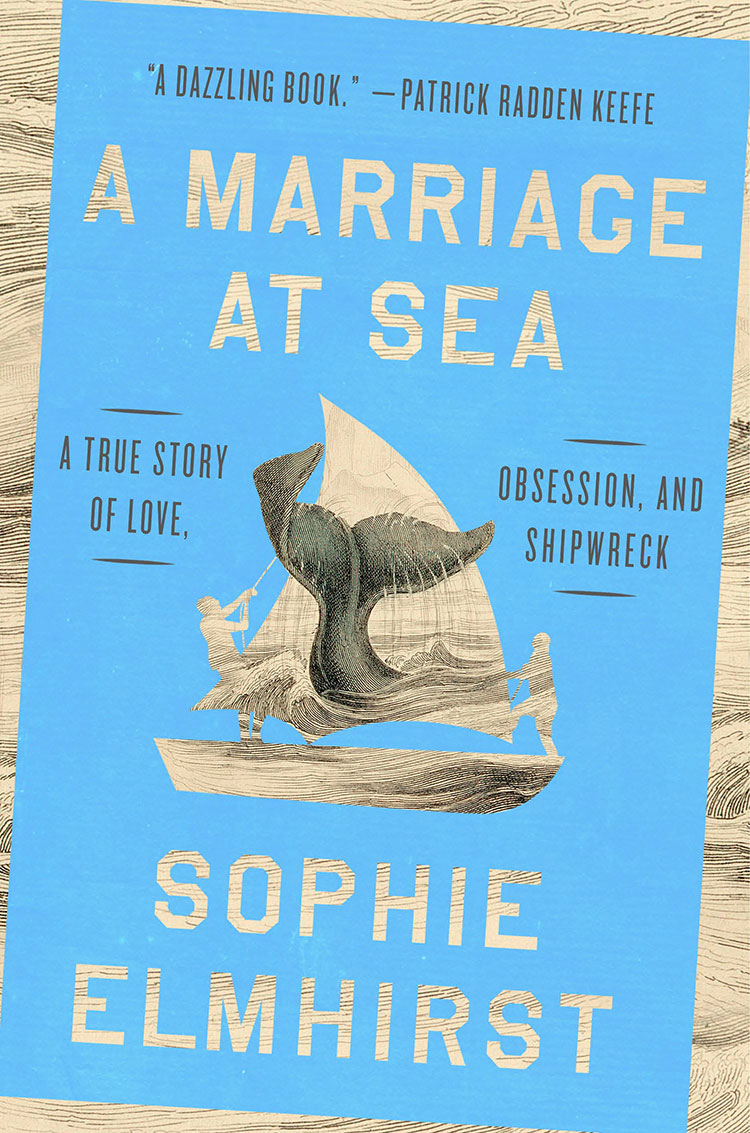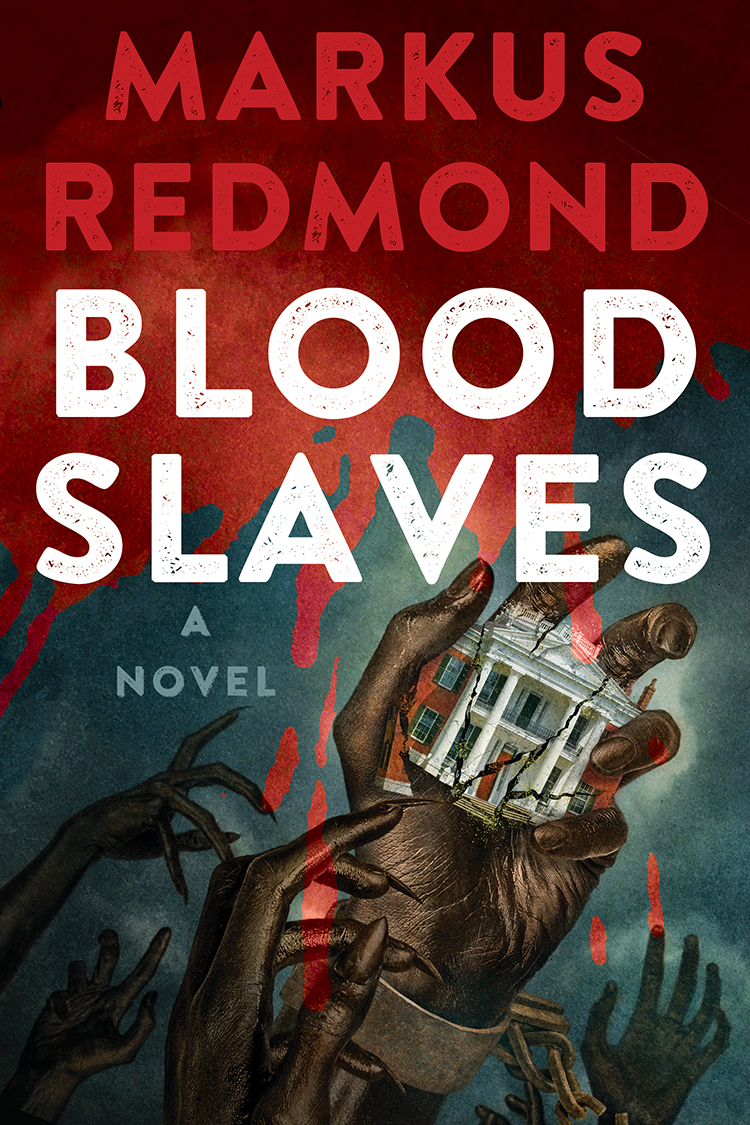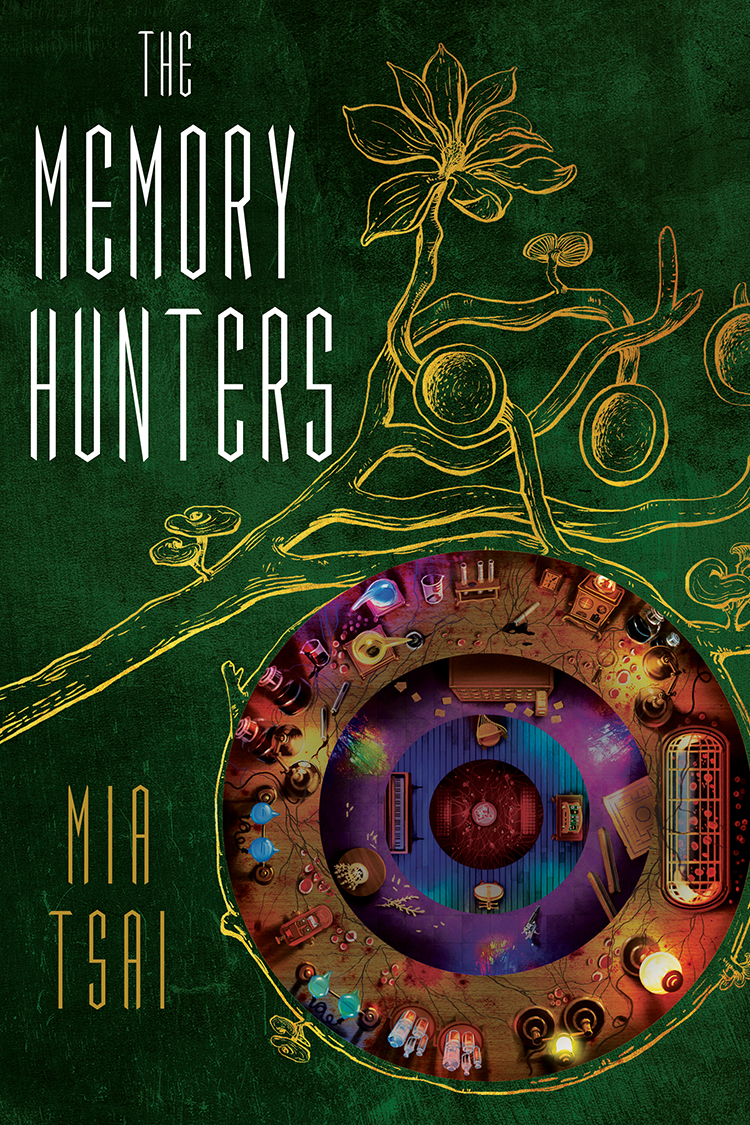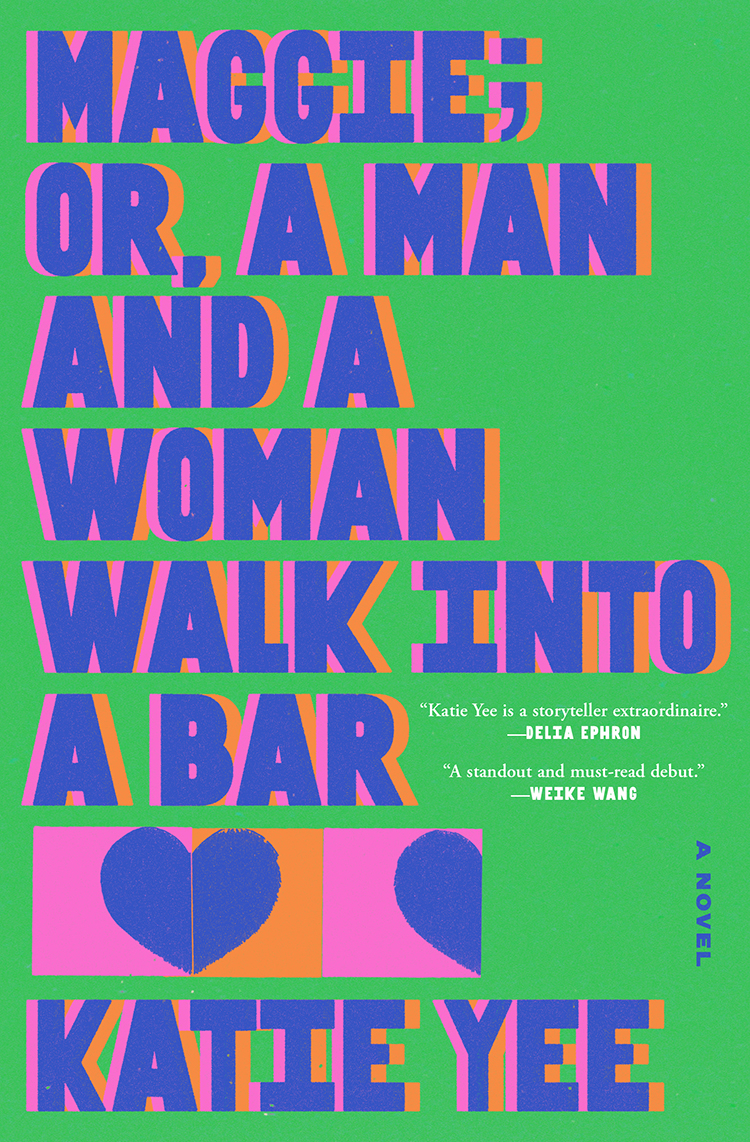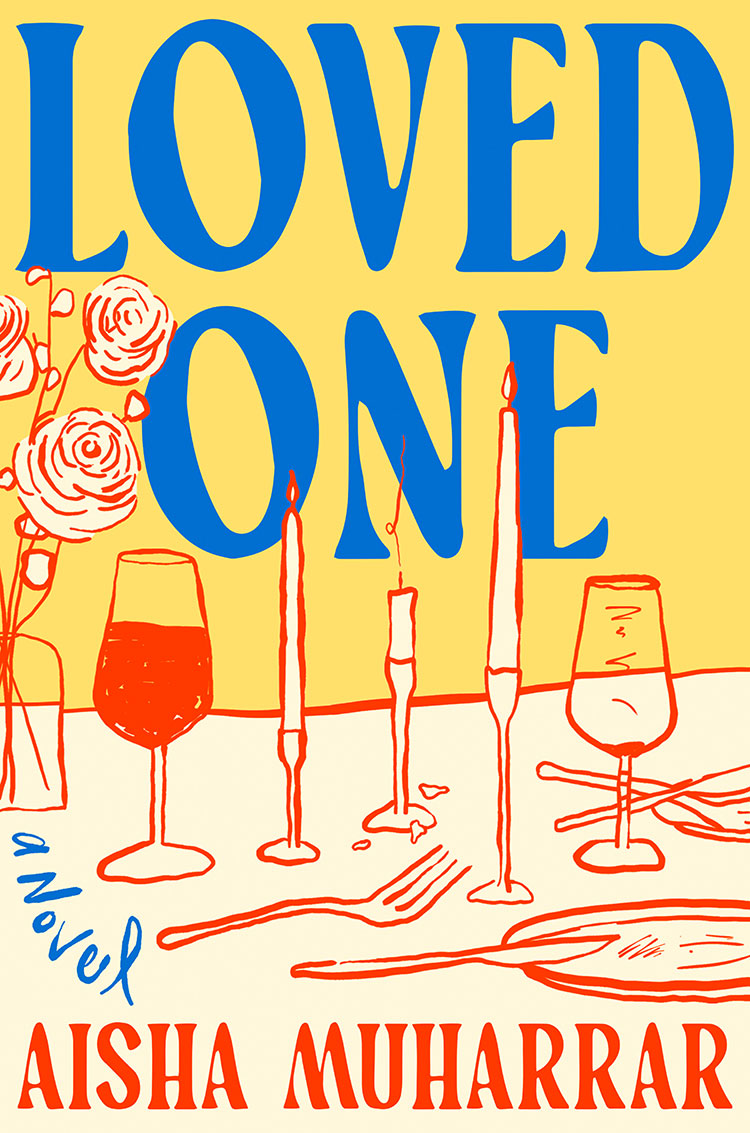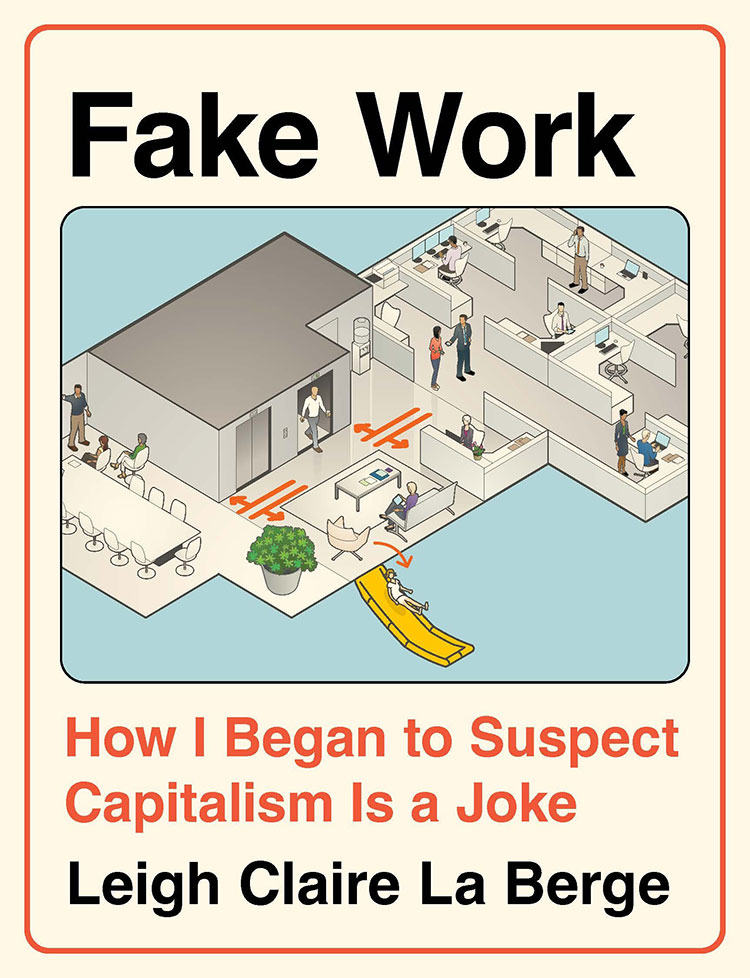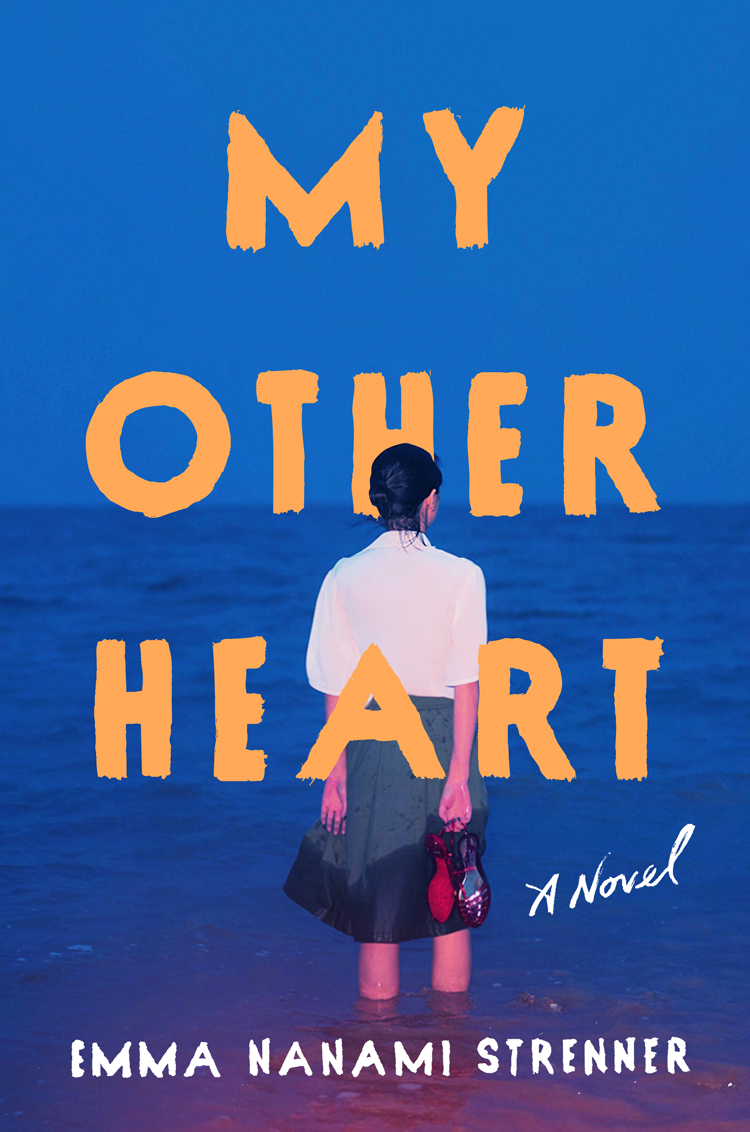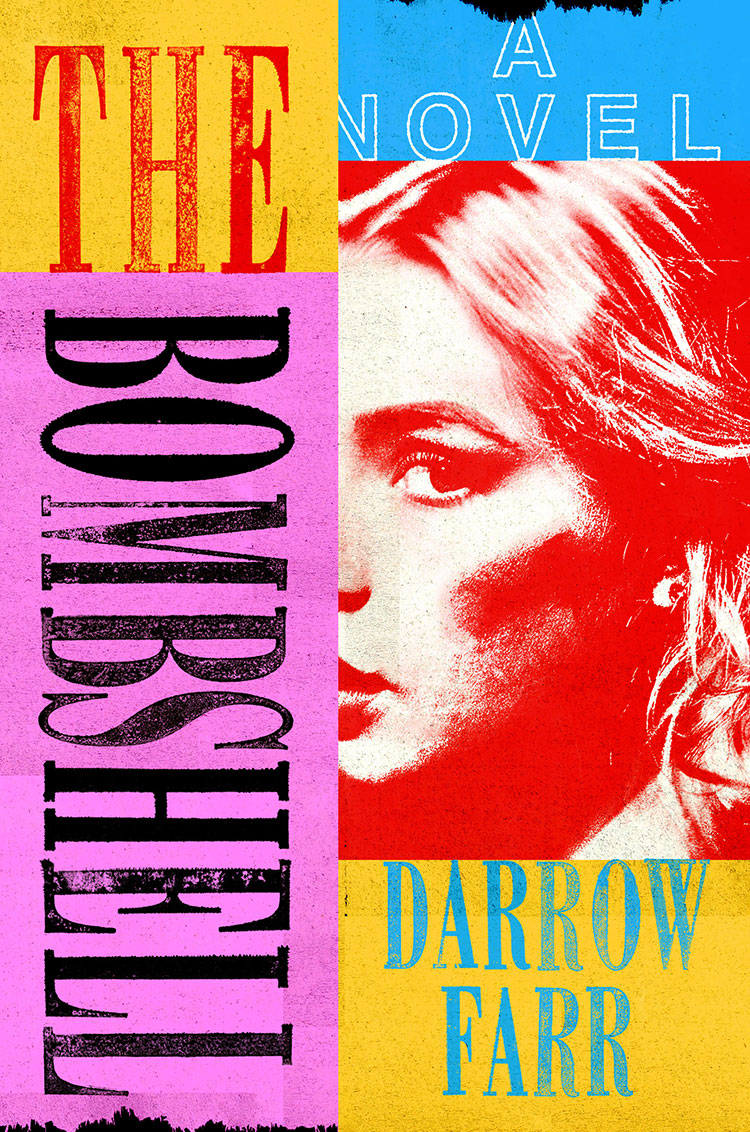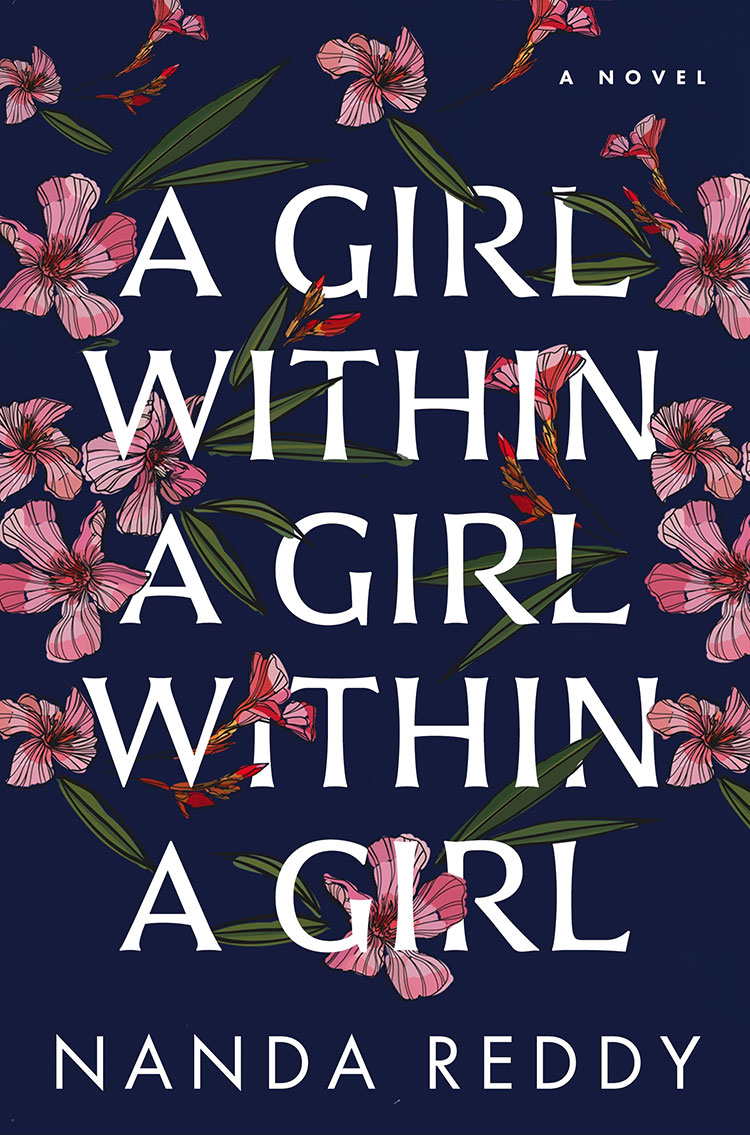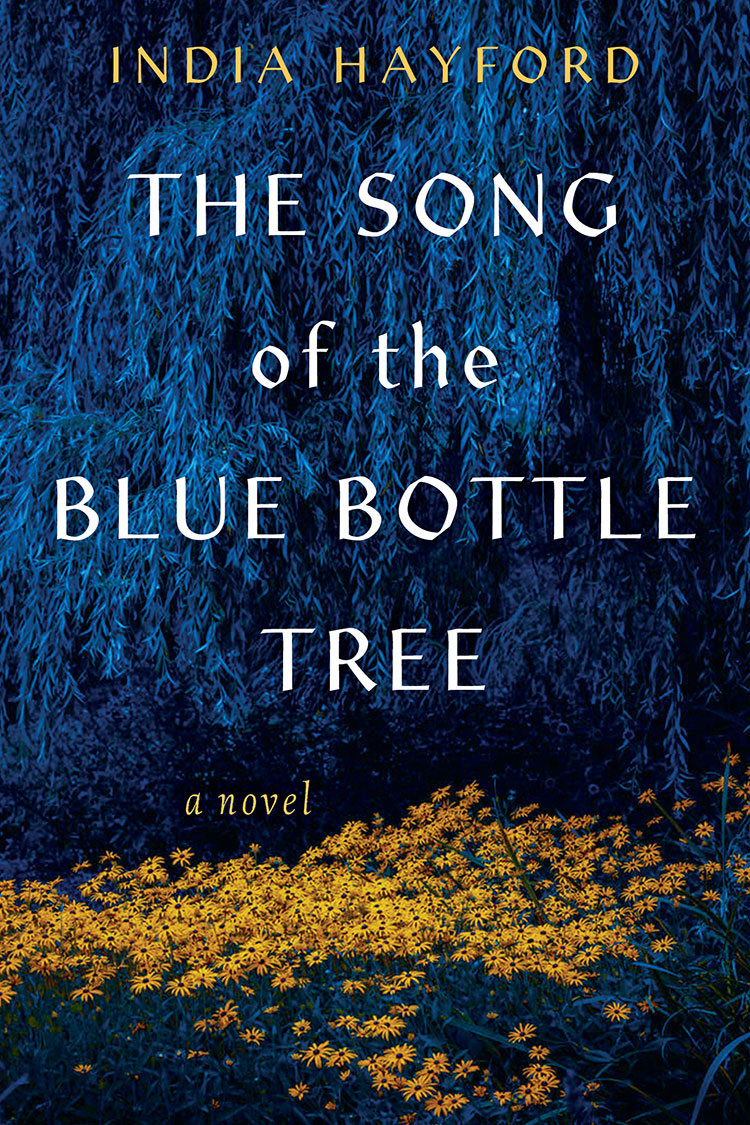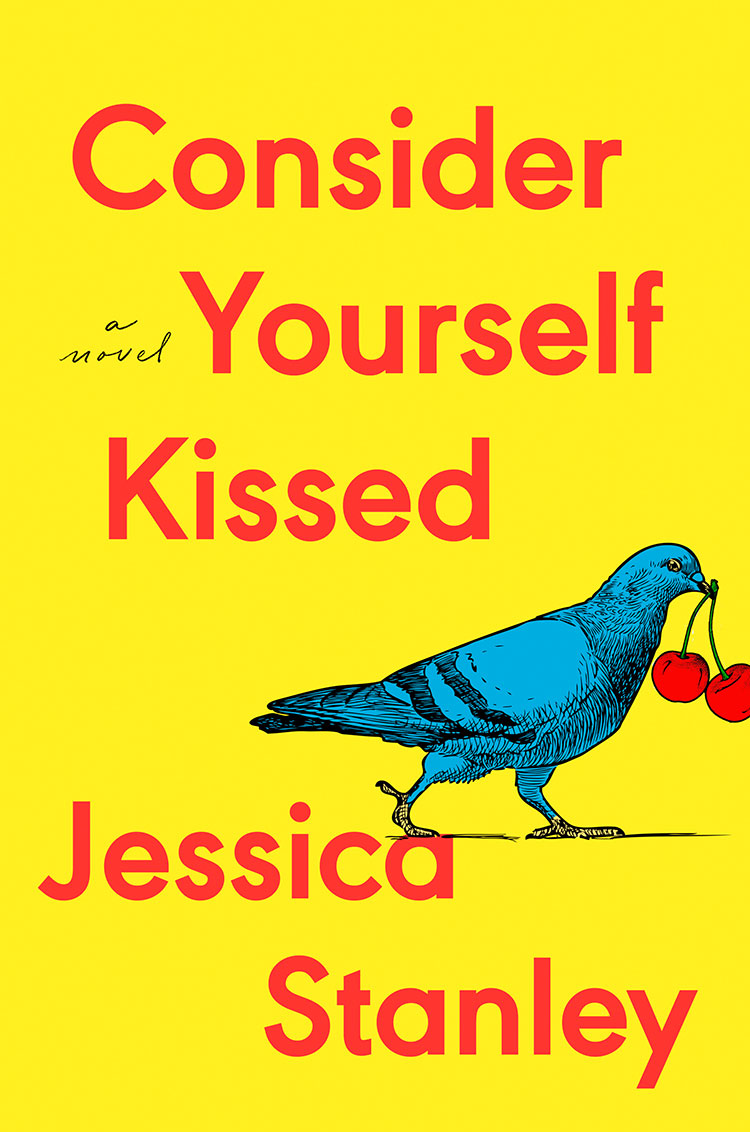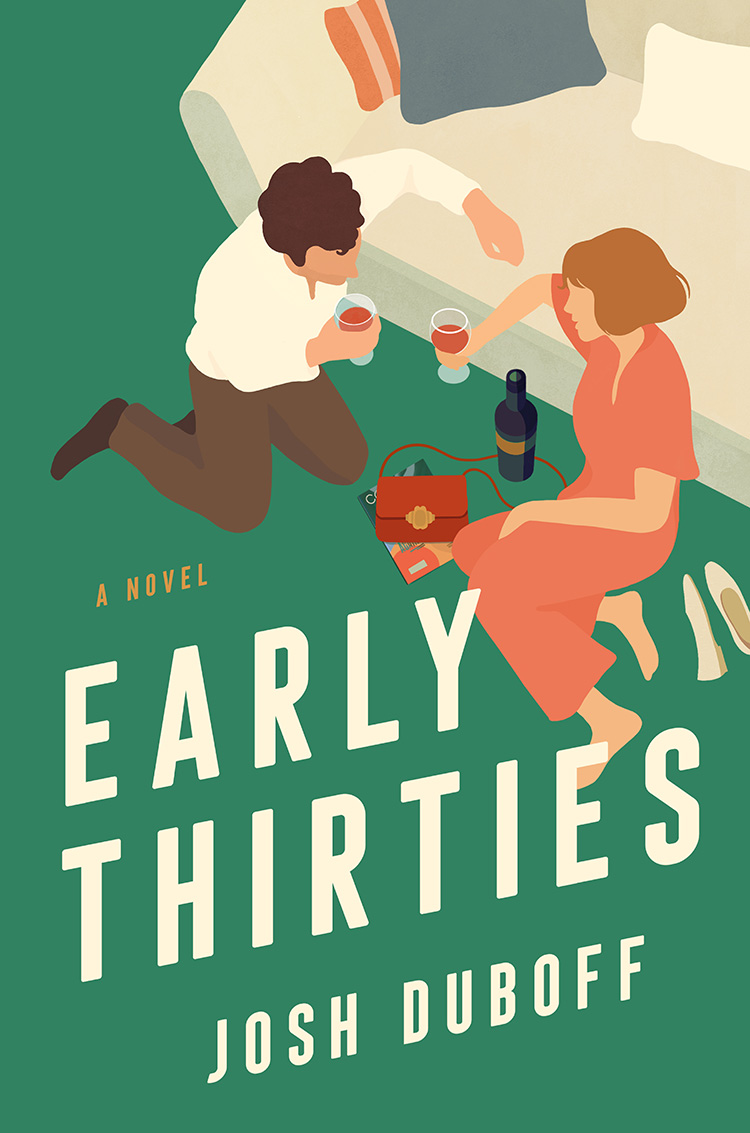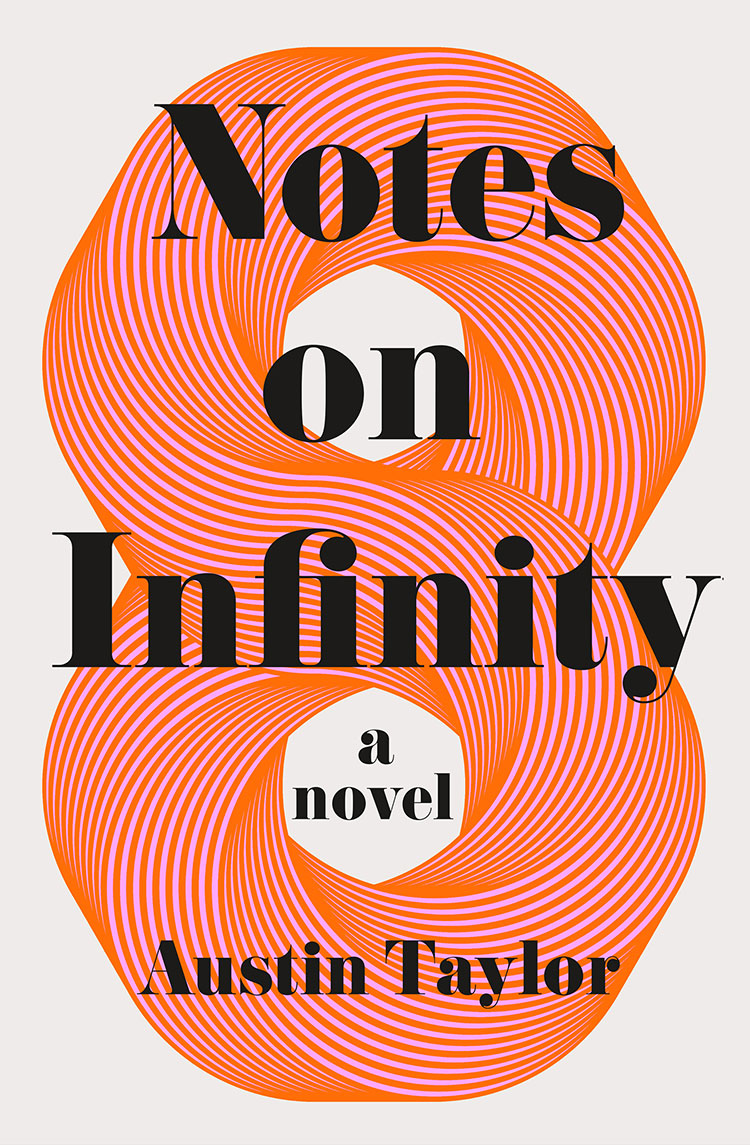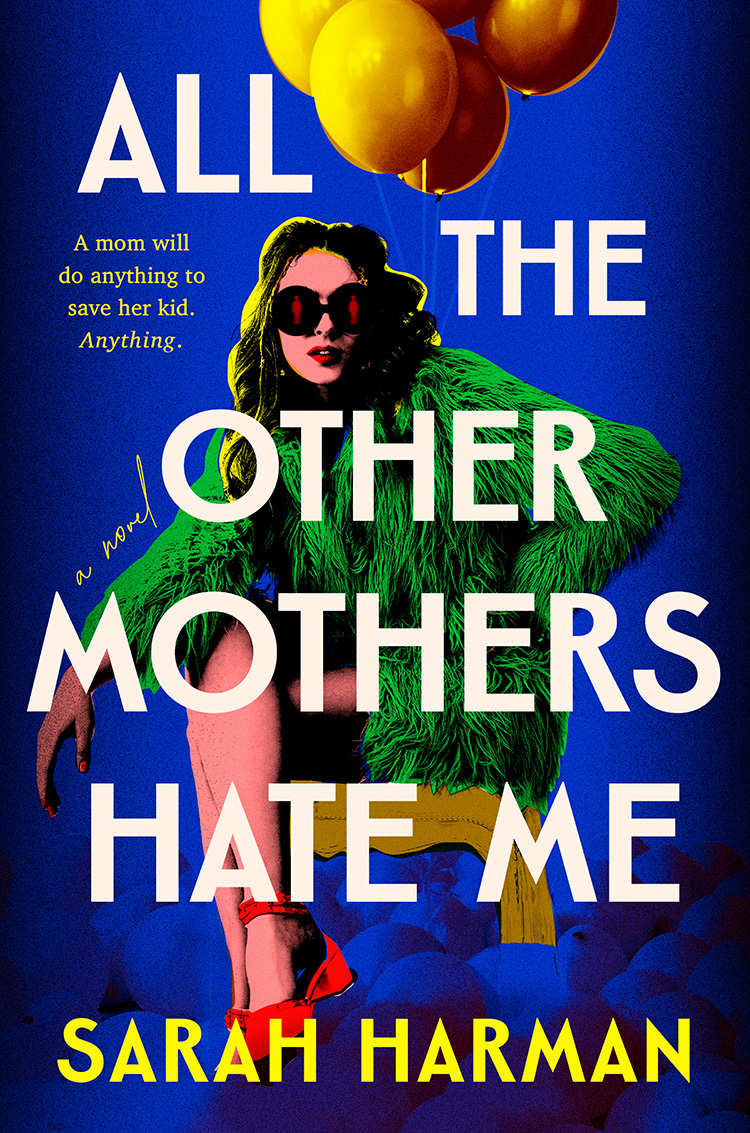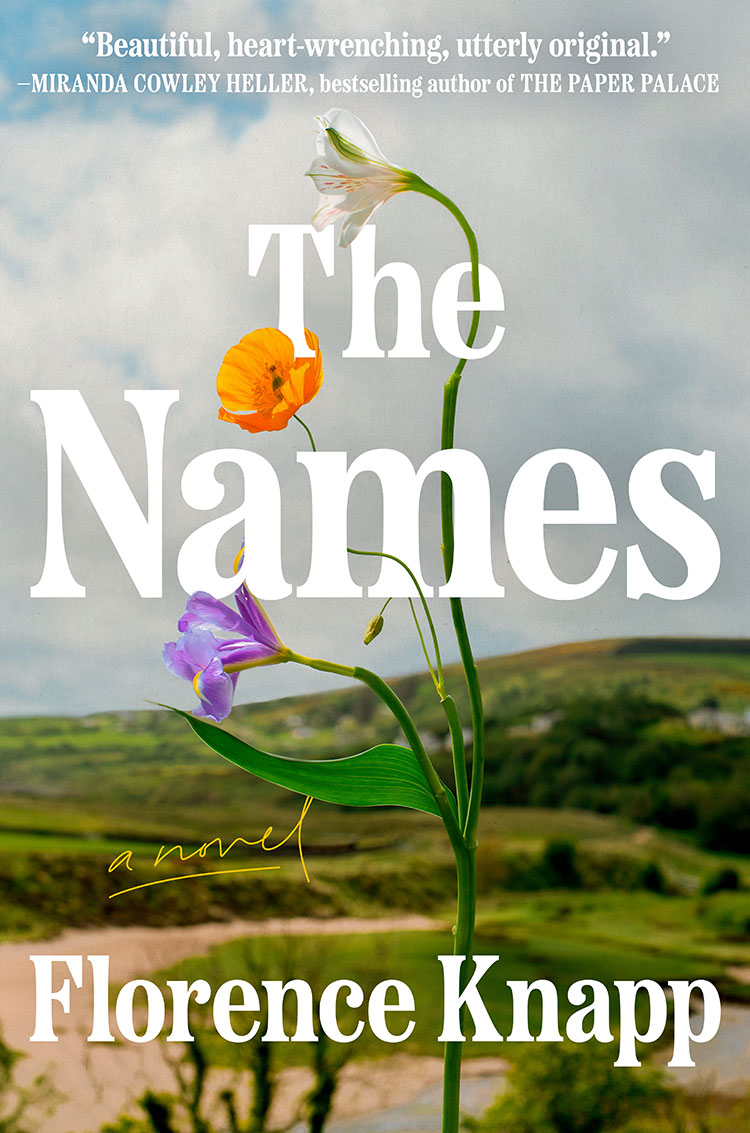New Yorker writer Dana Goodyear combines the style of Mary Roach with the on-the-ground food savvy of Anthony Bourdain in a rollicking narrative look at the shocking extremes of the contemporary American food world.
A new American cuisine is forming. Animals never before considered or long since forgotten are emerging as delicacies. Parts that used to be for scrap are centerpieces. Ash and hay are fashionable ingredients, and you pay handsomely to breathe flavored air. Going out to a nice dinner now often precipitates a confrontation with a fundamental question: Is that food?
Dana Goodyear’s anticipated debut, Anything That Moves, is simultaneously a humorous adventure, a behind-the-scenes look at, and an attempt to understand the implications of the way we eat. This is a universe populated by insect-eaters and blood drinkers, avant-garde chefs who make food out of roadside leaves and wood, and others who serve endangered species and Schedule I drugs—a cast of characters, in other words, who flirt with danger, taboo, and disgust in pursuit of the sublime. Behind them is an intricate network of scavengers, dealers, and pitchmen responsible for introducing the rare and exotic into the marketplace. This is the fringe of the modern American meal, but to judge from history, it will not be long before it reaches the family table. Anything That Moves is a highly entertaining, revelatory look into the raucous, strange, fascinatingly complex world of contemporary American food culture, and the places where the extreme is bleeding into the mainstream.
From the beloved award-winning author of Native Speaker and The Surrendered, a highly provocative, deeply affecting story of one woman’s legendary quest in a shocking, future America.
On Such a Full Sea takes Chang-rae Lee’s elegance of prose, his masterly storytelling, and his long-standing interests in identity, culture, work, and love, and lifts them to a new plane. Stepping from the realistic and historical territories of his previous work, Lee brings us into a world created from scratch. Against a vividly imagined future America, Lee tells a stunning, surprising, and riveting story that will change the way readers think about the world they live in.
In a future, long-declining America, society is strictly stratified by class. Long-abandoned urban neighborhoods have been repurposed as high-walled, self-contained labor colonies. And the members of the labor class—descendants of those brought over en masse many years earlier from environmentally ruined provincial China—find purpose and identity in their work to provide pristine produce and fish to the small, elite, satellite charter villages that ring the labor settlement.
In this world lives Fan, a female fish-tank diver, who leaves her home in the B-Mor settlement (once known as Baltimore), when the man she loves mysteriously disappears. Fan’s journey to find him takes her out of the safety of B-Mor, through the anarchic Open Counties, where crime is rampant with scant governmental oversight, and to a faraway charter village, in a quest that will soon become legend to those she left behind.
From the bestselling author of Girl in Translation, a new novel about a young woman torn between her family duties in Chinatown and her escape into the world of ballroom dancing.
Twenty-two-year-old Charlie Wong grew up in New York’s Chinatown, the older daughter of a Beijing ballerina and a noodle maker. Though an ABC (America-born Chinese), Charlie’s entire world has been limited to this small area. Now grown, she lives in the same, tiny apartment with her widower father and her eleven-year-old sister, and works—miserably—as a dishwasher.
But when she lands a job as a receptionist at a ballroom dance studio, Charlie gains access to a world she hardly knew existed, and everything she once took to be certain turns upside down. Slowly, within this new arena, Charlie’s own natural talents begin to emerge, and gradually her perspective, her expectations, and her sense of self all are transformed—something she must hide, at great pains, from her father and his suspicion of all things Western. As Charlie blossoms, though, her sister becomes chronically ill. As Pa insists on treating his ailing child exclusively with Eastern practices to no avail, Charlie is forced to find a way to reconcile her two selves and her two worlds—Eastern and Western, old world and new—to rescue her sister while also keeping her newfound confidence and identity.

